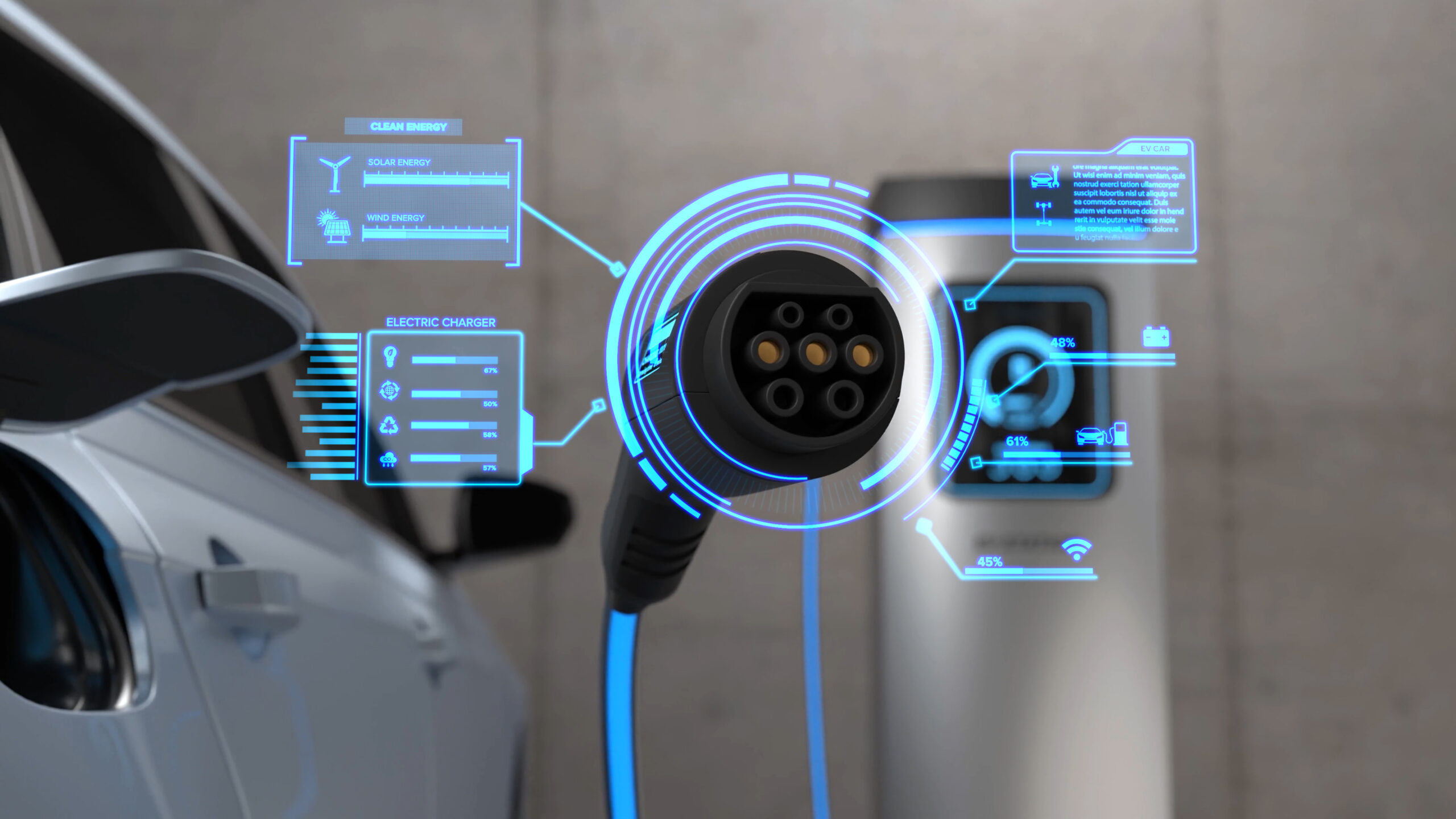
- 351 views
By andrew
As electric vehicles (EVs) become increasingly prevalent, understanding the cost of charging is a vital aspect for prospective and current EV owners. The average cost per kilowatt-hour (kWh) to charge an electric car depends on various factors, including electricity rates, charging speeds, and the efficiency of your vehicle. In this article, we’ll delve into the key considerations to help you estimate the average cost of charging your EV.

- Electricity Rates:
- The primary factor influencing the cost of charging is the electricity rate in your region. Electricity prices can vary significantly based on location, with some areas offering lower rates during off-peak hours or specific EV-friendly tariffs. Check with your local utility provider to understand the rates applicable to your charging habits.
- Charging Location:
- Where you charge your electric car also affects the cost. Home charging is typically more cost-effective than public charging stations. Residential rates are often lower, and some utility companies offer special EV charging plans or time-of-use rates, encouraging off-peak charging when electricity is cheaper.
- Charging Speeds:
- Charging speed plays a crucial role in determining the overall cost. Level 1 chargers, commonly used at home with a standard household outlet, are slower but may be more cost-effective. Level 2 chargers, with higher power outputs, can be faster but may incur higher costs. DC fast chargers, while providing rapid charging, may come with a premium price.
- Vehicle Efficiency:
- The energy efficiency of your electric car influences how much energy it consumes per mile or kilometer. Newer EV models are often more energy-efficient, resulting in lower charging costs. Understanding your vehicle’s efficiency helps you estimate the cost more accurately.
- Charging Network Memberships:
- Some EV charging networks offer memberships or loyalty programs that can impact your charging costs. Joining these programs may provide access to discounted rates or special promotions, contributing to overall savings.
- Time-of-Use Rates:
- Time-of-use (TOU) rates are another factor to consider. Some utility companies offer different rates for electricity based on the time of day. Charging during off-peak hours when electricity demand is lower may lead to more cost-effective charging.
- Government Incentives:
- Investigate whether your local or national government offers incentives for electric vehicle owners. Some regions provide tax credits, rebates, or reduced electricity rates to promote the adoption of environmentally friendly transportation.

Estimating the average cost per kWh to charge your electric car involves considering a combination of factors, including electricity rates, charging location, speeds, vehicle efficiency, network memberships, time-of-use rates, and government incentives. By being aware of these elements and staying informed about local utility programs, you can optimize your charging habits to reduce costs and make electric vehicle ownership even more economical. As the electric vehicle landscape continues to evolve, staying attuned to changes in charging infrastructure and energy policies will contribute to a more sustainable and cost-efficient driving experience.
